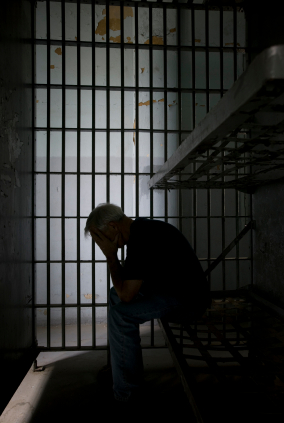 By Editorial Board
By Editorial Board
New York Times
President Obama last week commuted the prison terms of 214 federal inmates who were sent to prison under draconian, ’80s-era laws that have since been revised. Among them were 67 people serving life sentences, nearly all of them for nonviolent drug offenses.
Mercy was granted in these cases. But the federal clemency system — which moves far too slowly and is too often blocked by politics in both the Justice Department and the White House — was never intended to manage miscarriages of justice that happen on a vast scale, as was the case when so many Americans were sent to prison under the “tough on crime” policies of the 1980s.
The country needs a variety of mechanisms for reducing unreasonably long sentences. And the Justice Department, which has considerable latitude in these matters, needs to do more within the course of its regular operations to deal with the legacy of sentencing policies that have been recognized as destructively unfair.
The former attorney general, Eric Holder Jr., took an important step: In 2014, he supported the United States Sentencing Commission’s decision to reduce sentences for many nonviolent drug crimes and asked that people in prison be made eligible for the reductions. According to the Justice Department, more than 12,000 people have been released under that effort.
Recently, however, the Federal Bureau of Prisons, a Justice Department agency, has come under criticism for not doing enough with the powers it already has to help inmates who deserve to be released. The Sentencing Reform Act of 1984 authorizes the bureau to ask a federal judge to reduce an inmate’s sentence when there are “extraordinary and compelling” reasons for doing so.
To read more click here.
Other Stories of Interest
- Clinton Acknowledges Misspeaking about FBI Director’s Testimony
- Border Patrol Still Has Orders Allowing Boat Turnbacks in Foreign Waters
- DEA: Marijuana Seizures Decline in 2015
- Clinton Failed a Crucial Homeland Security Test
- A Most Heartwarming Story You’ll Hear about TSA Pat-Down





